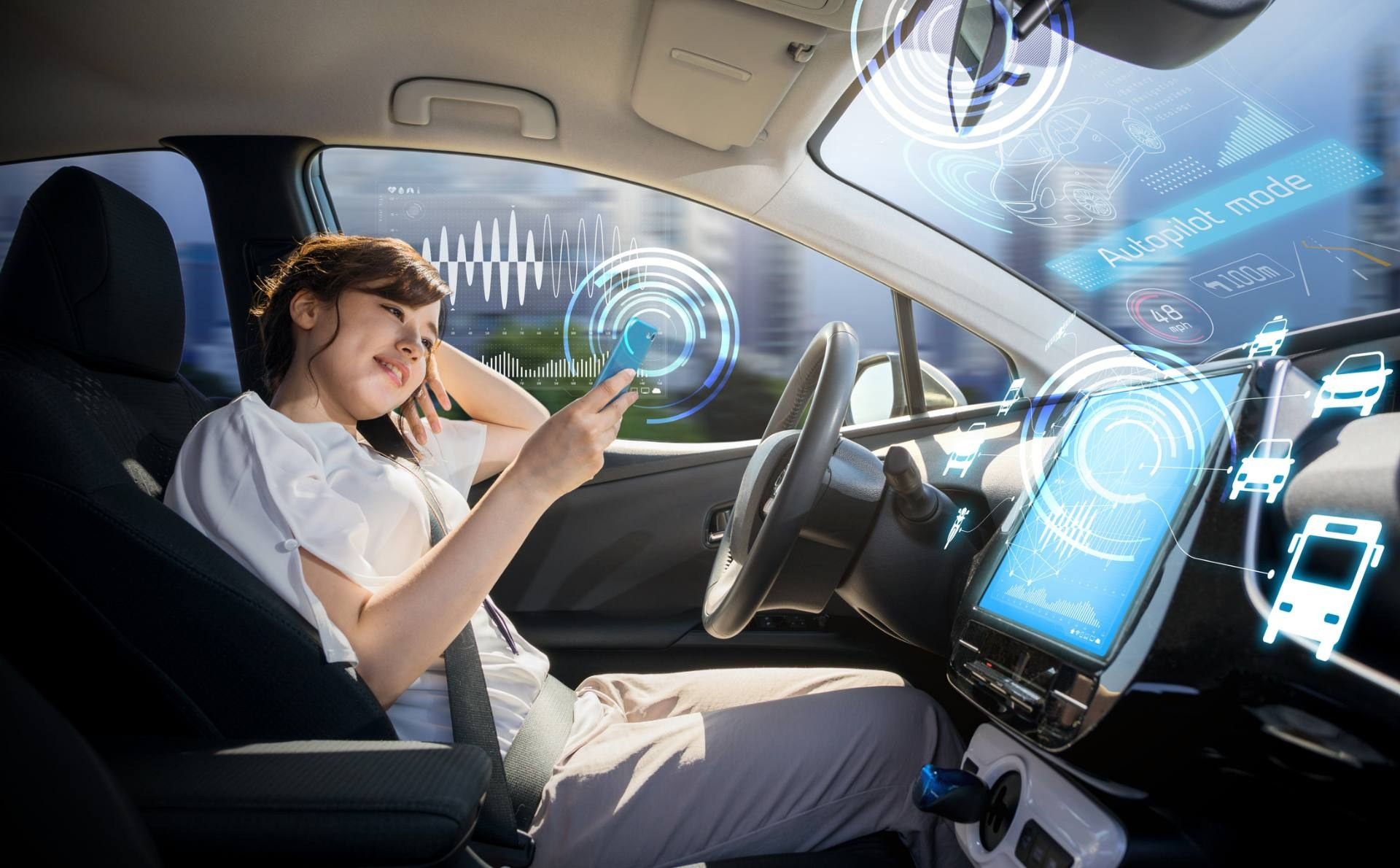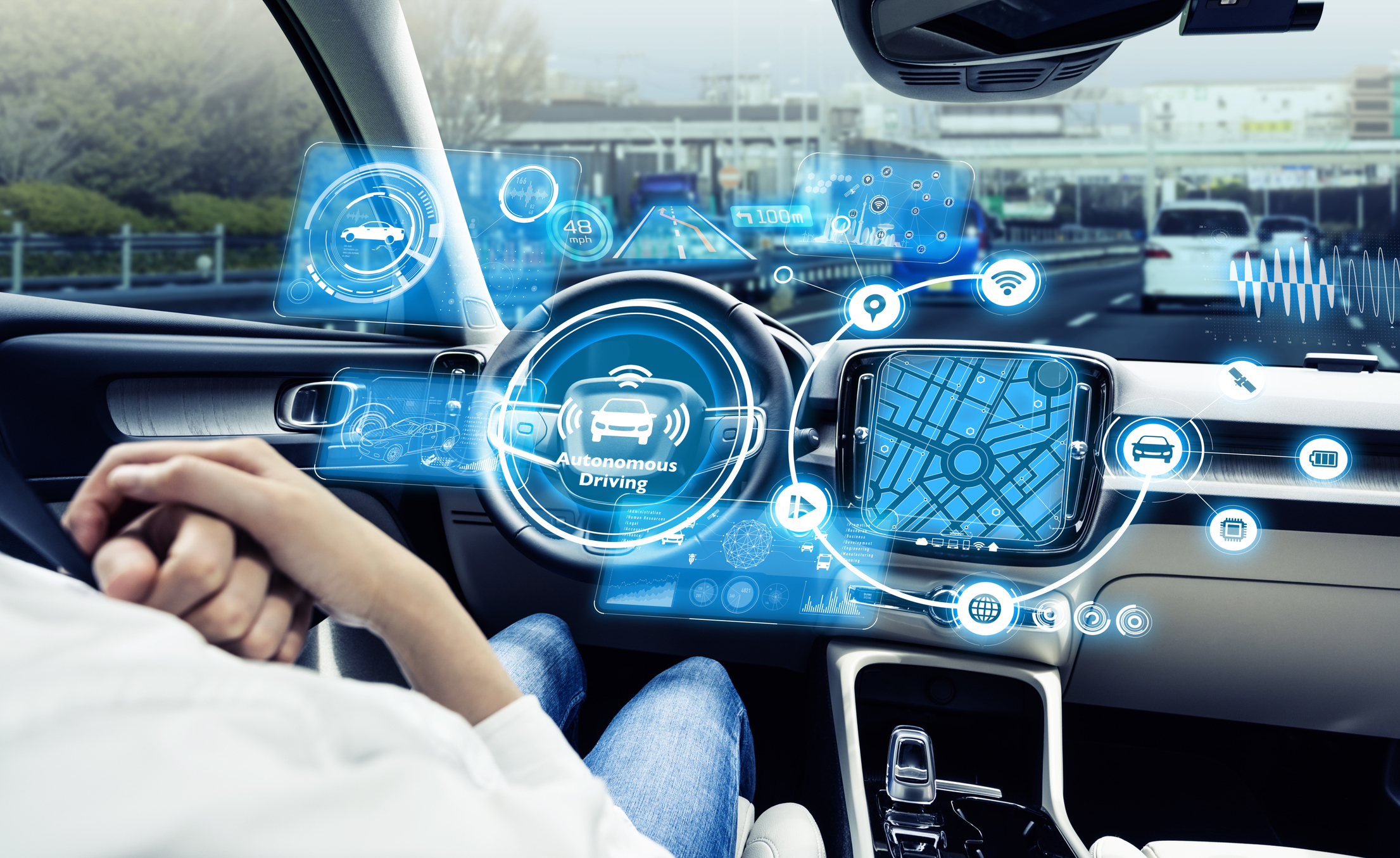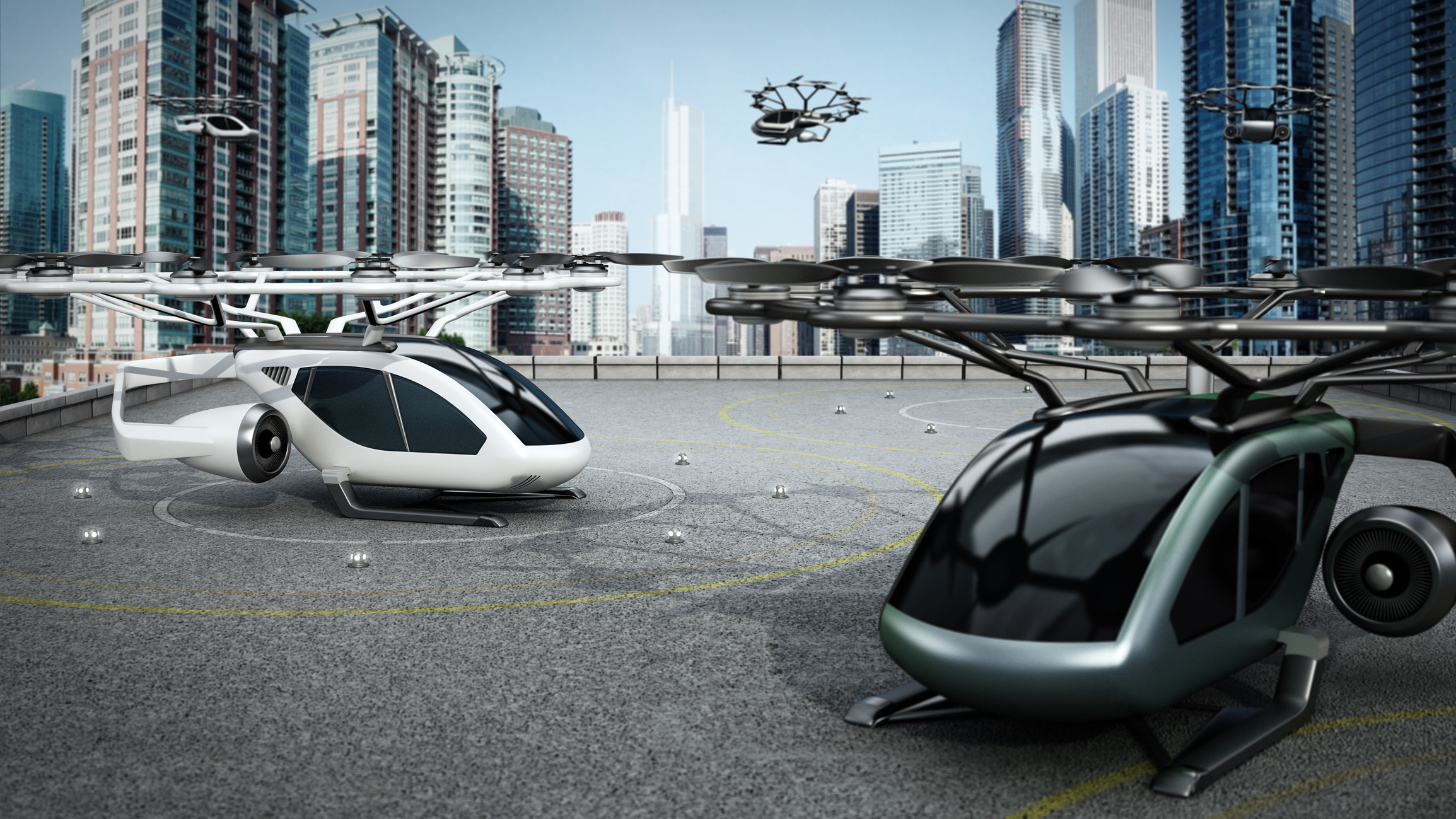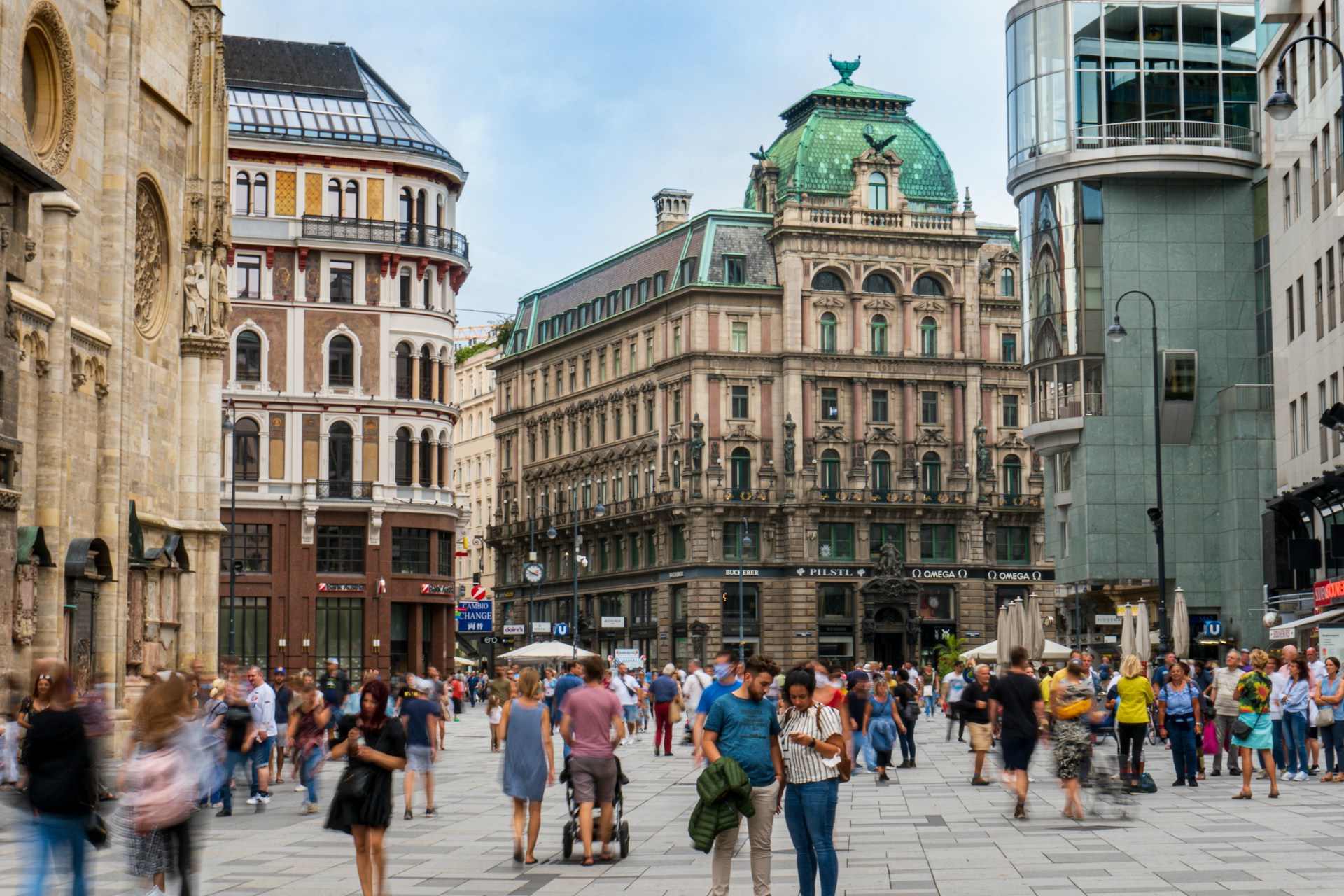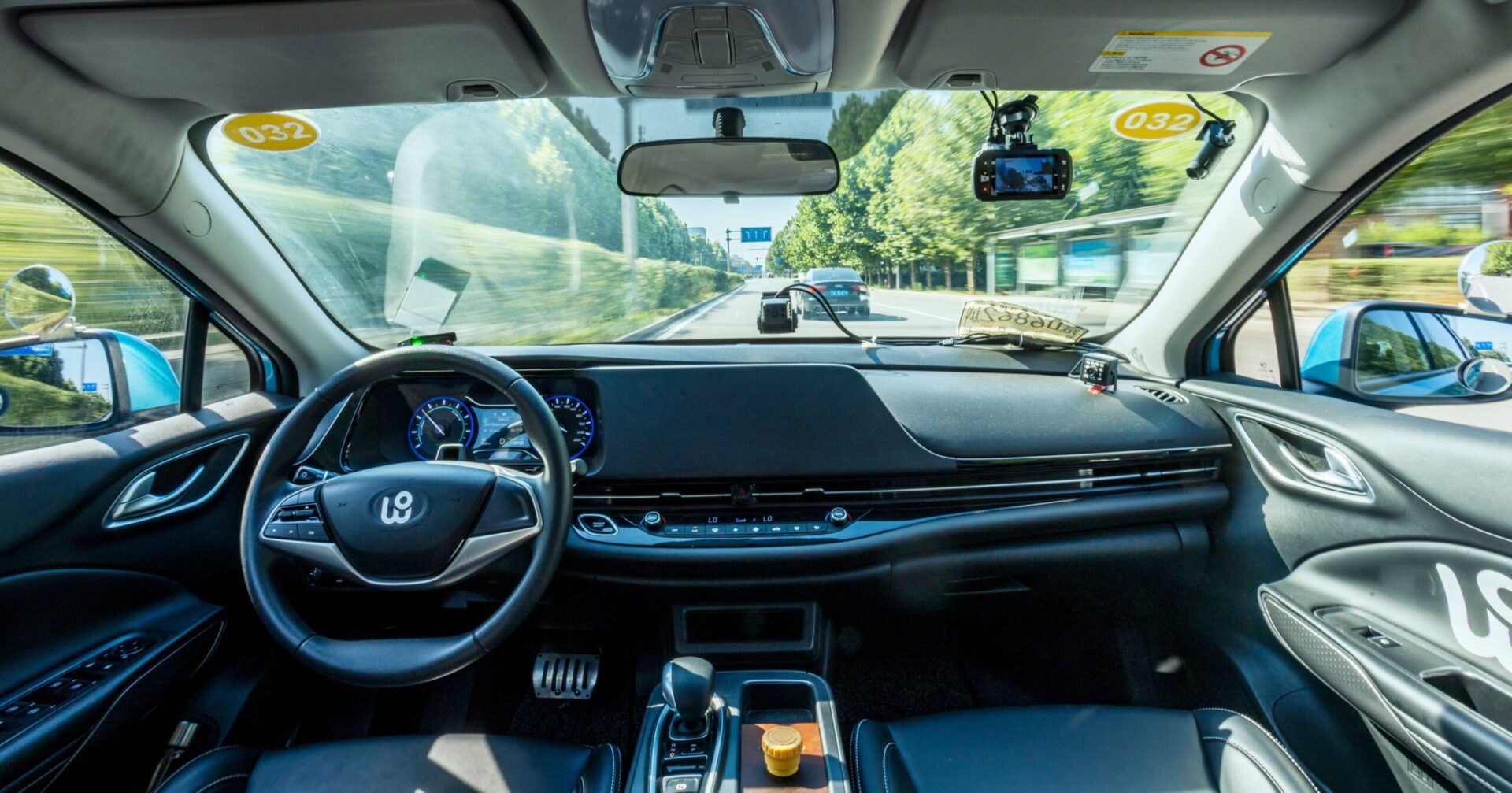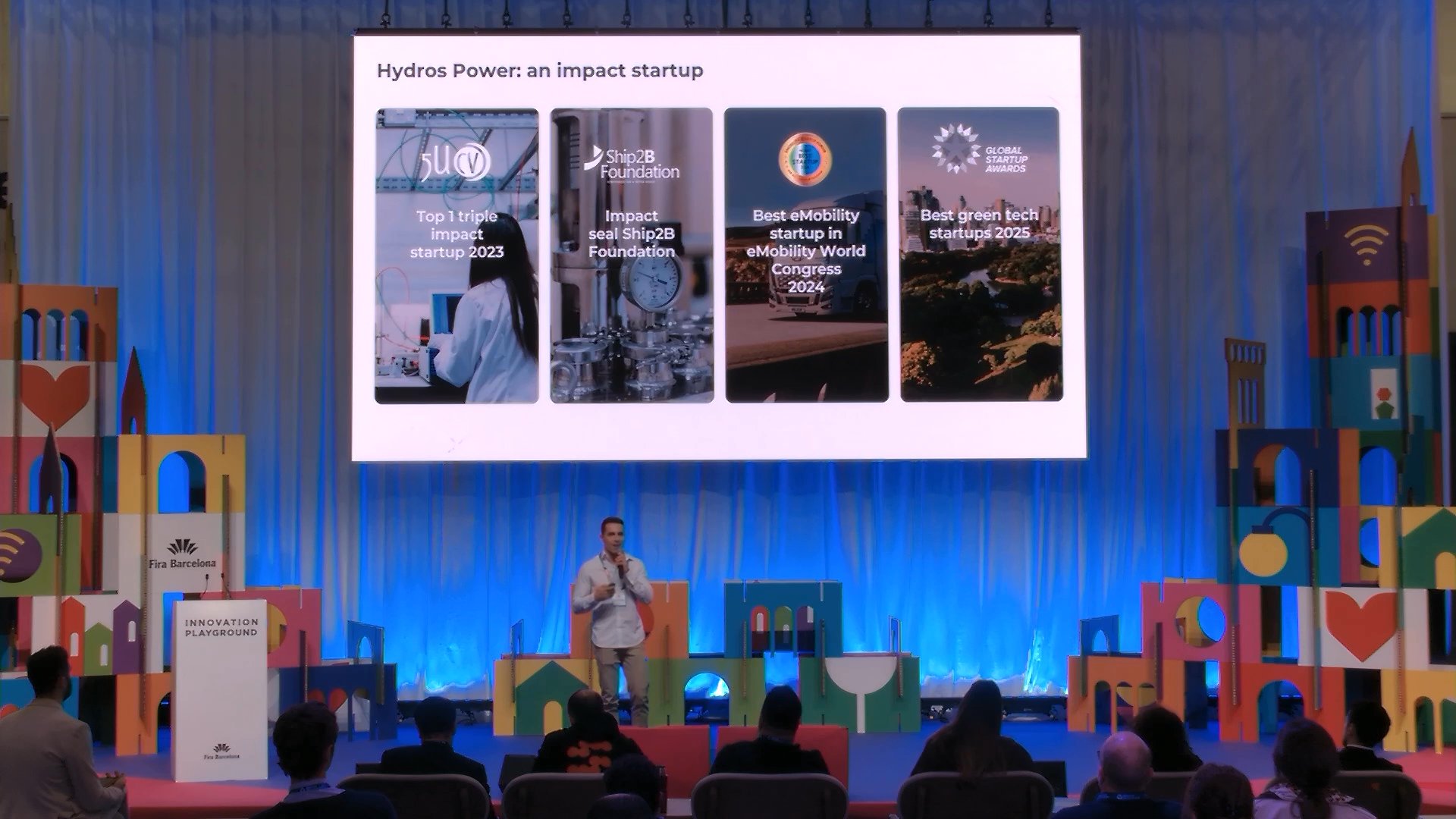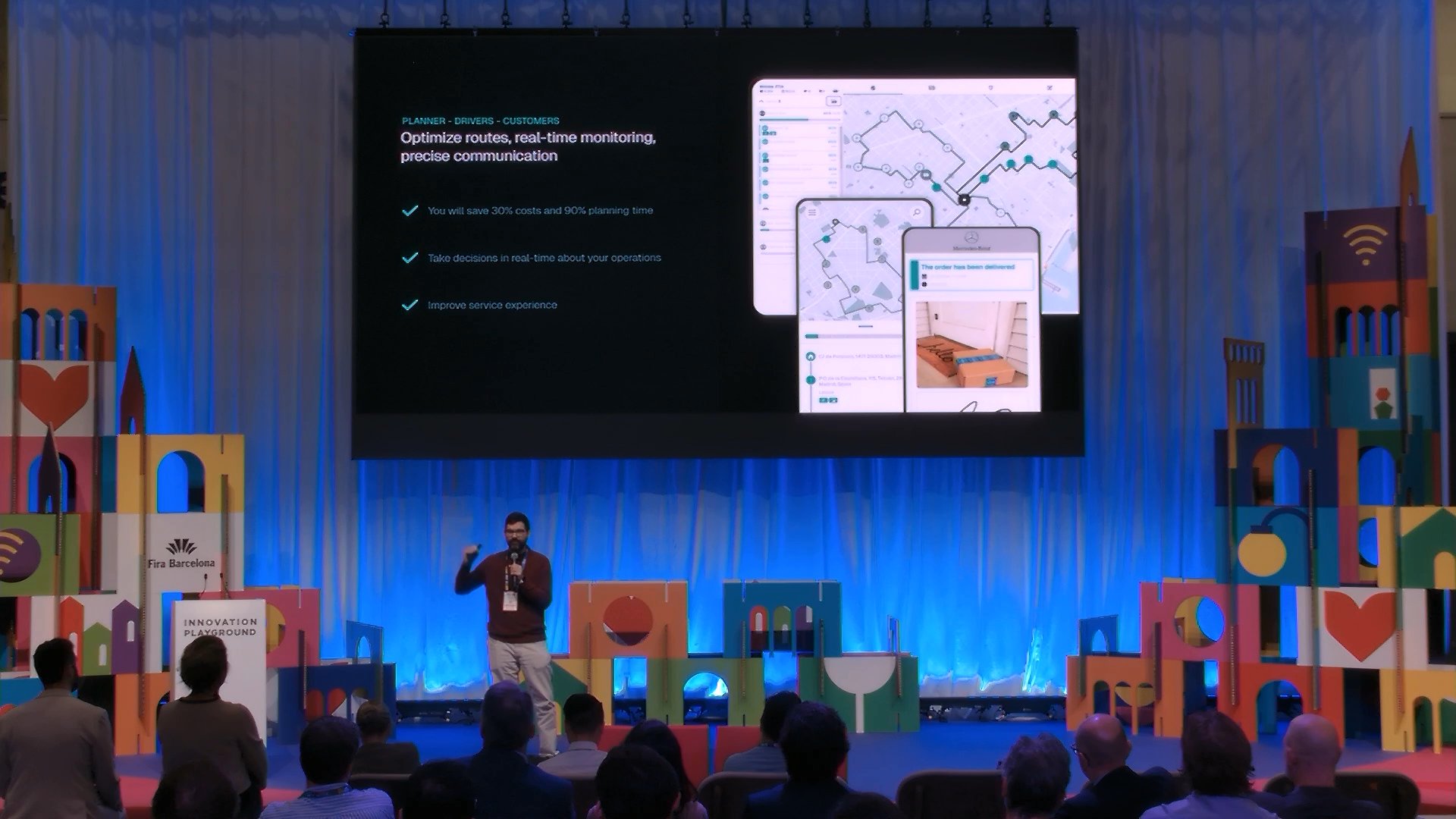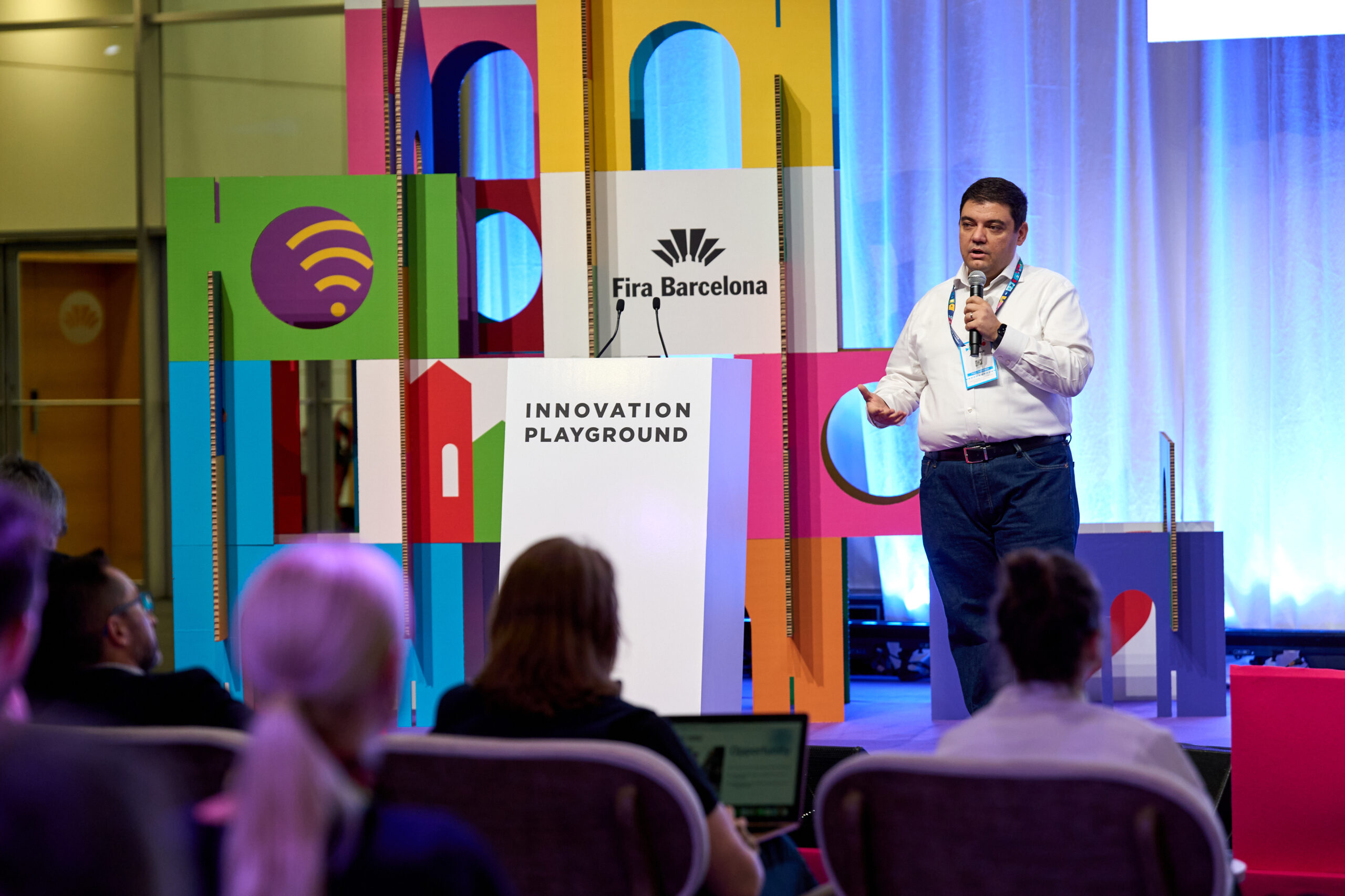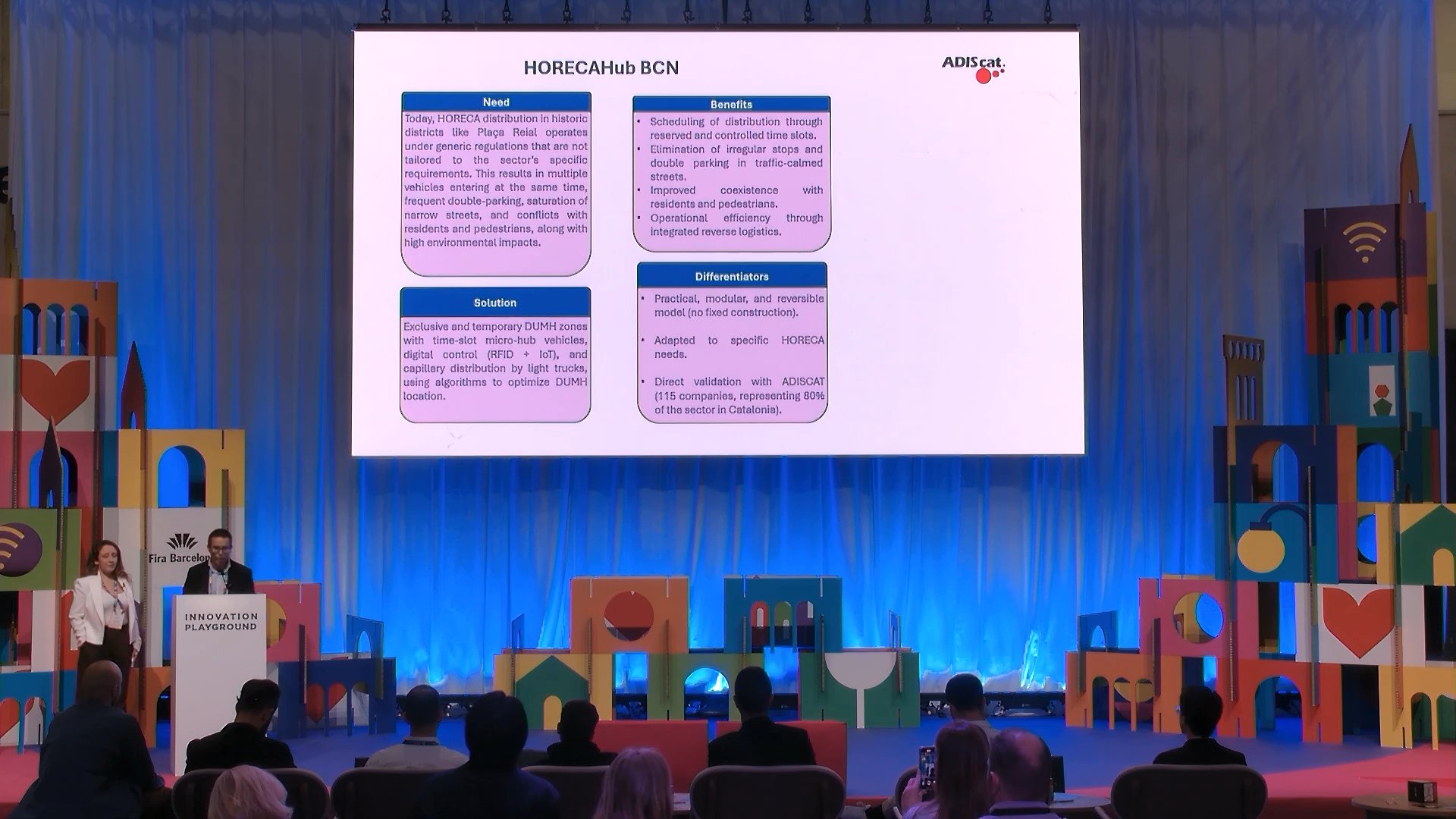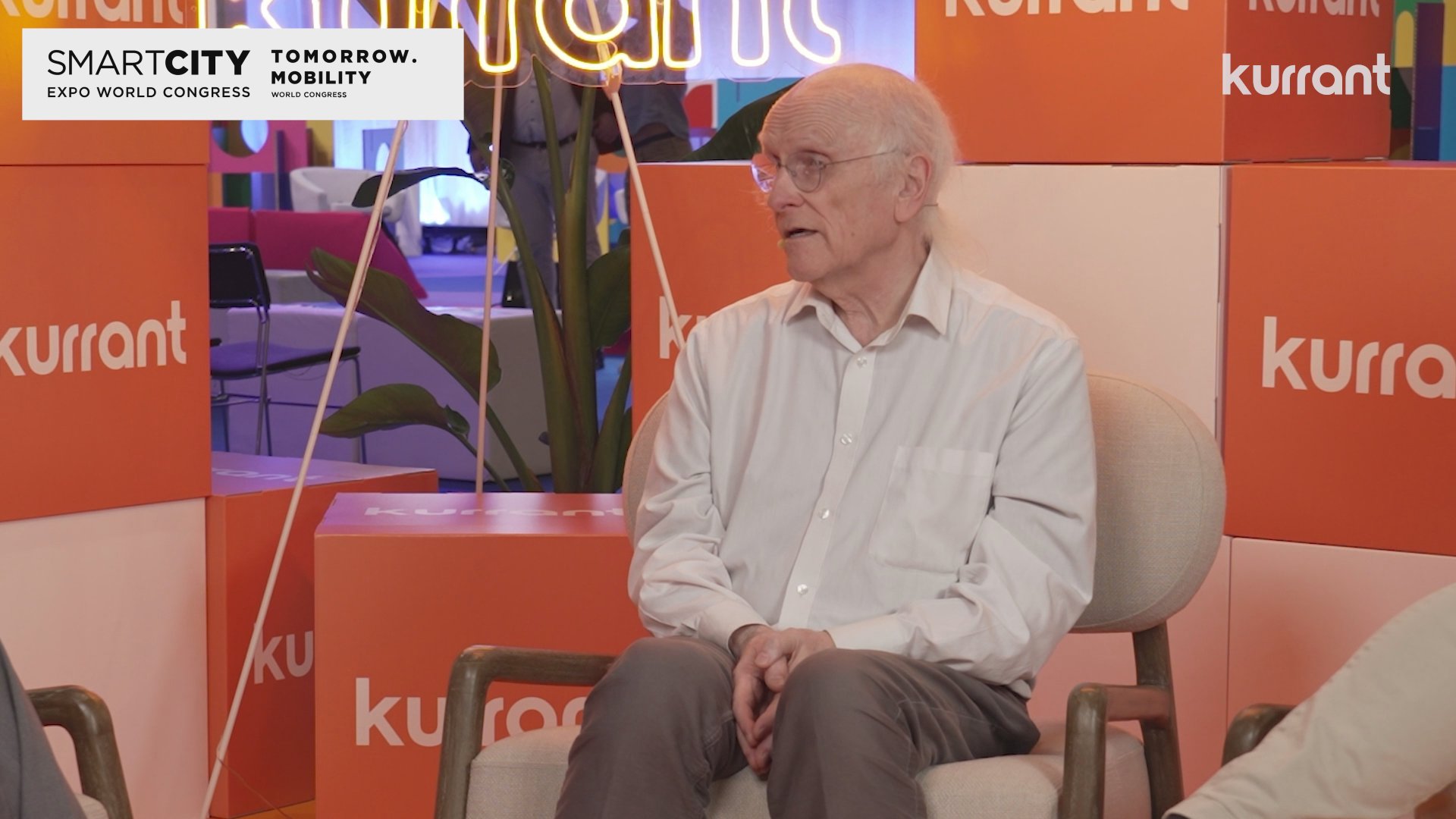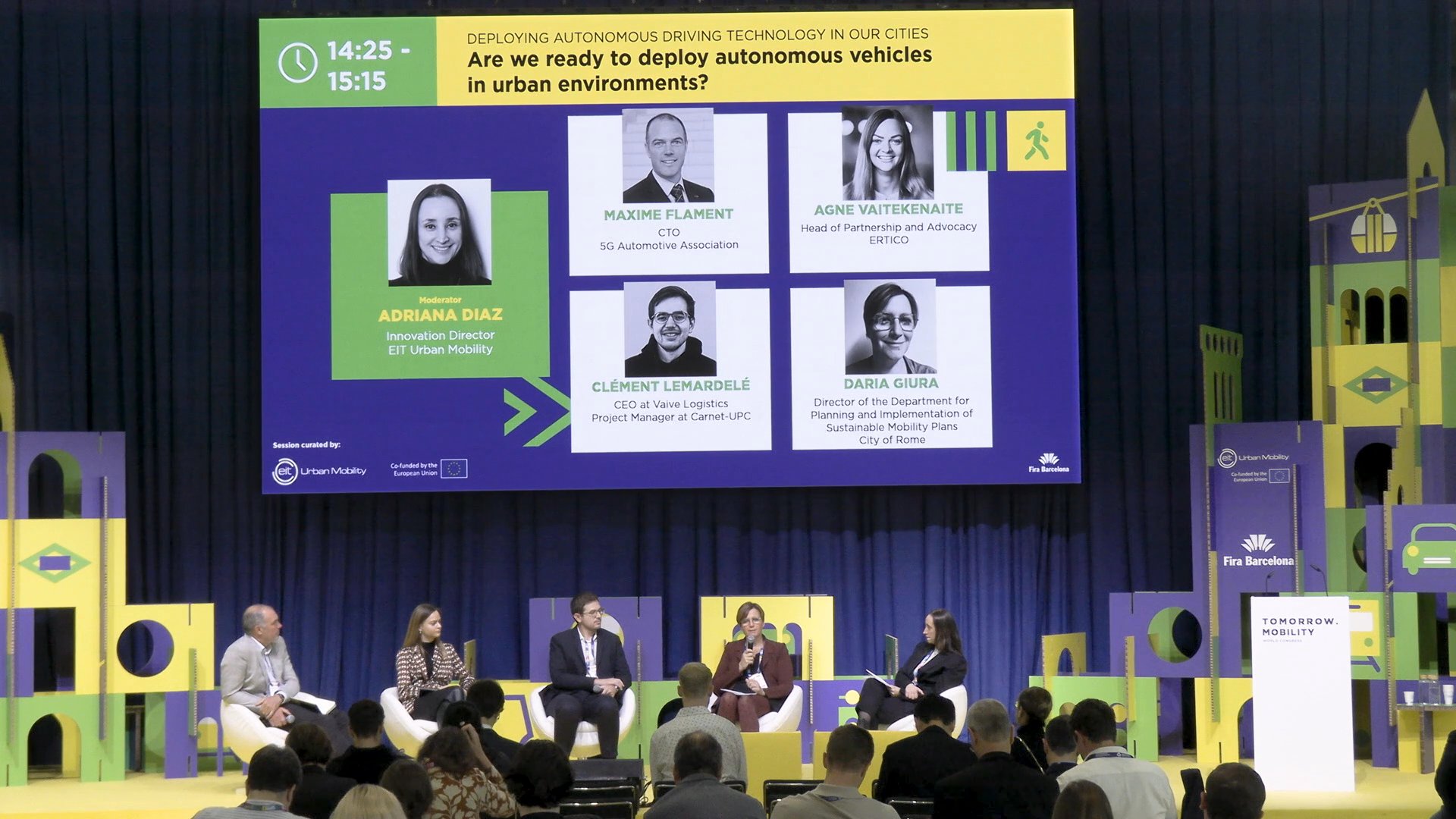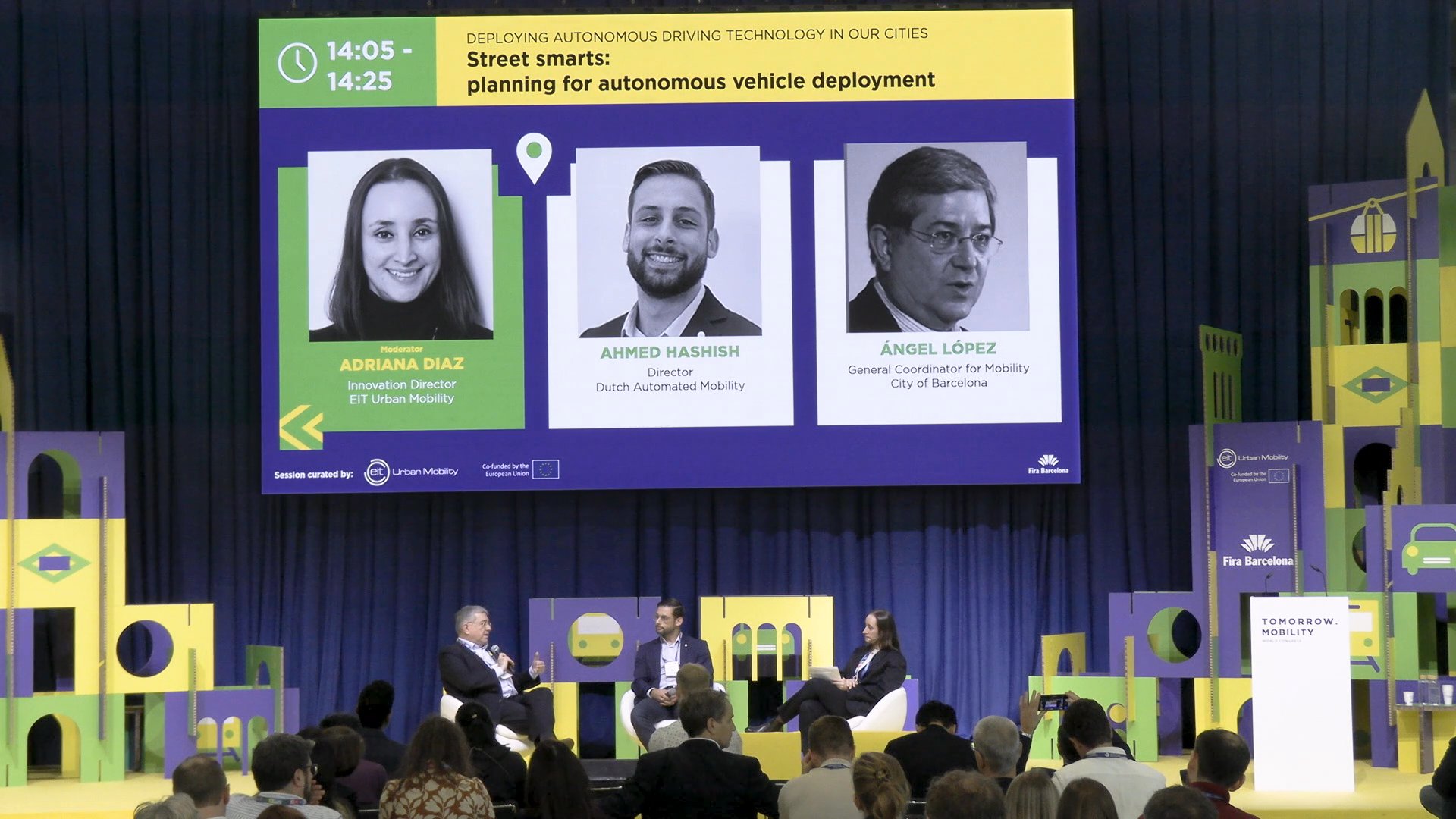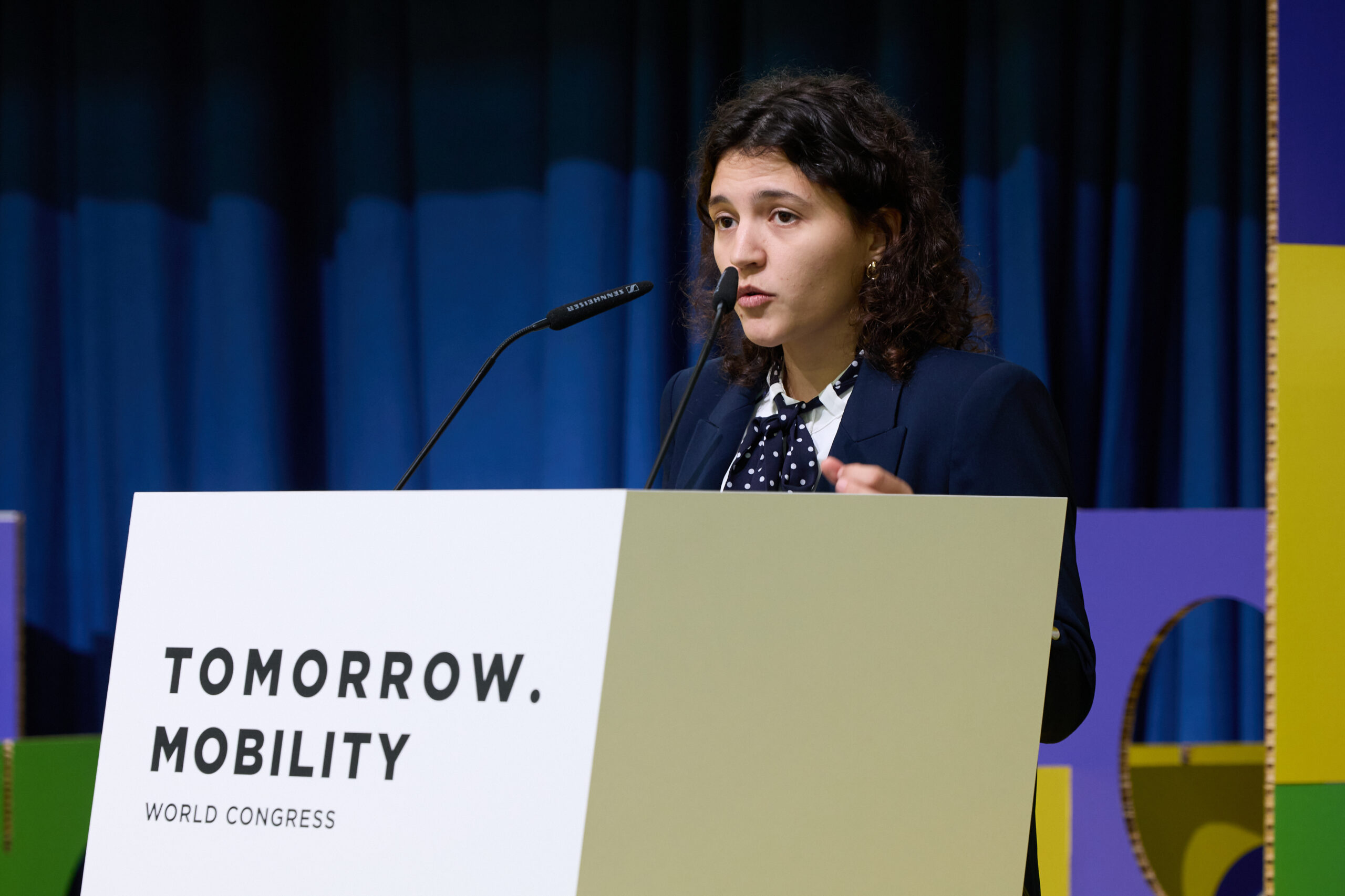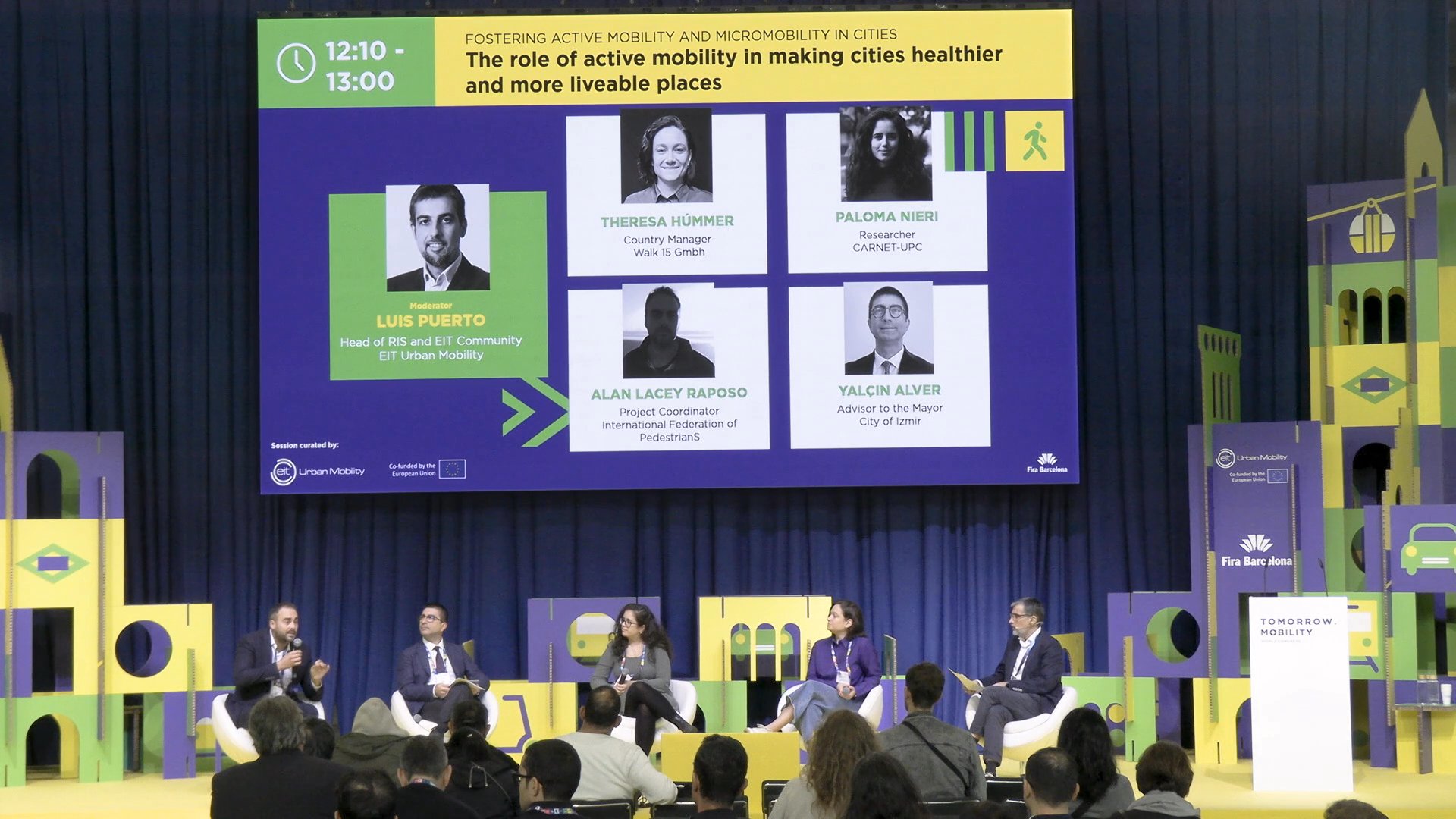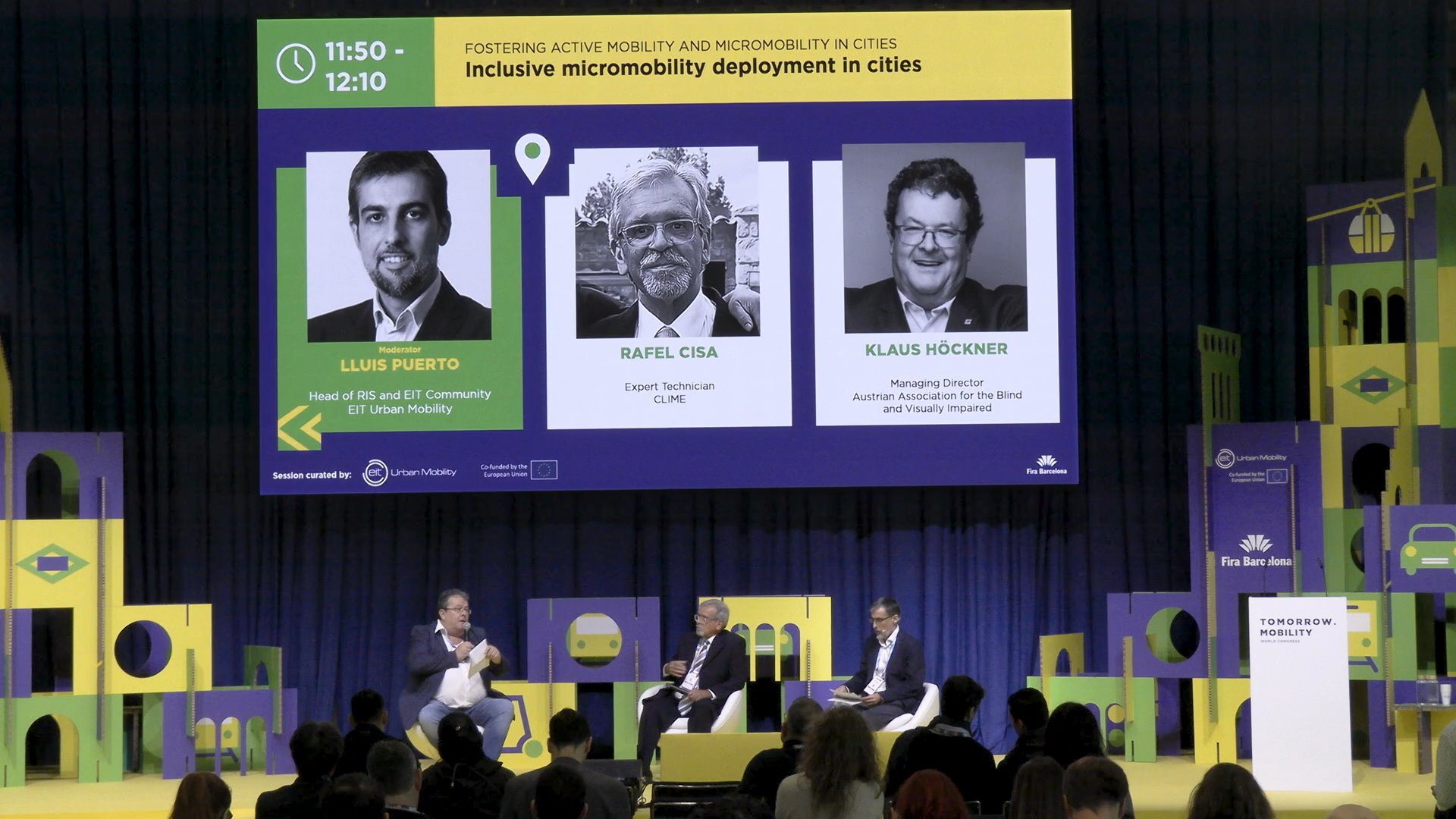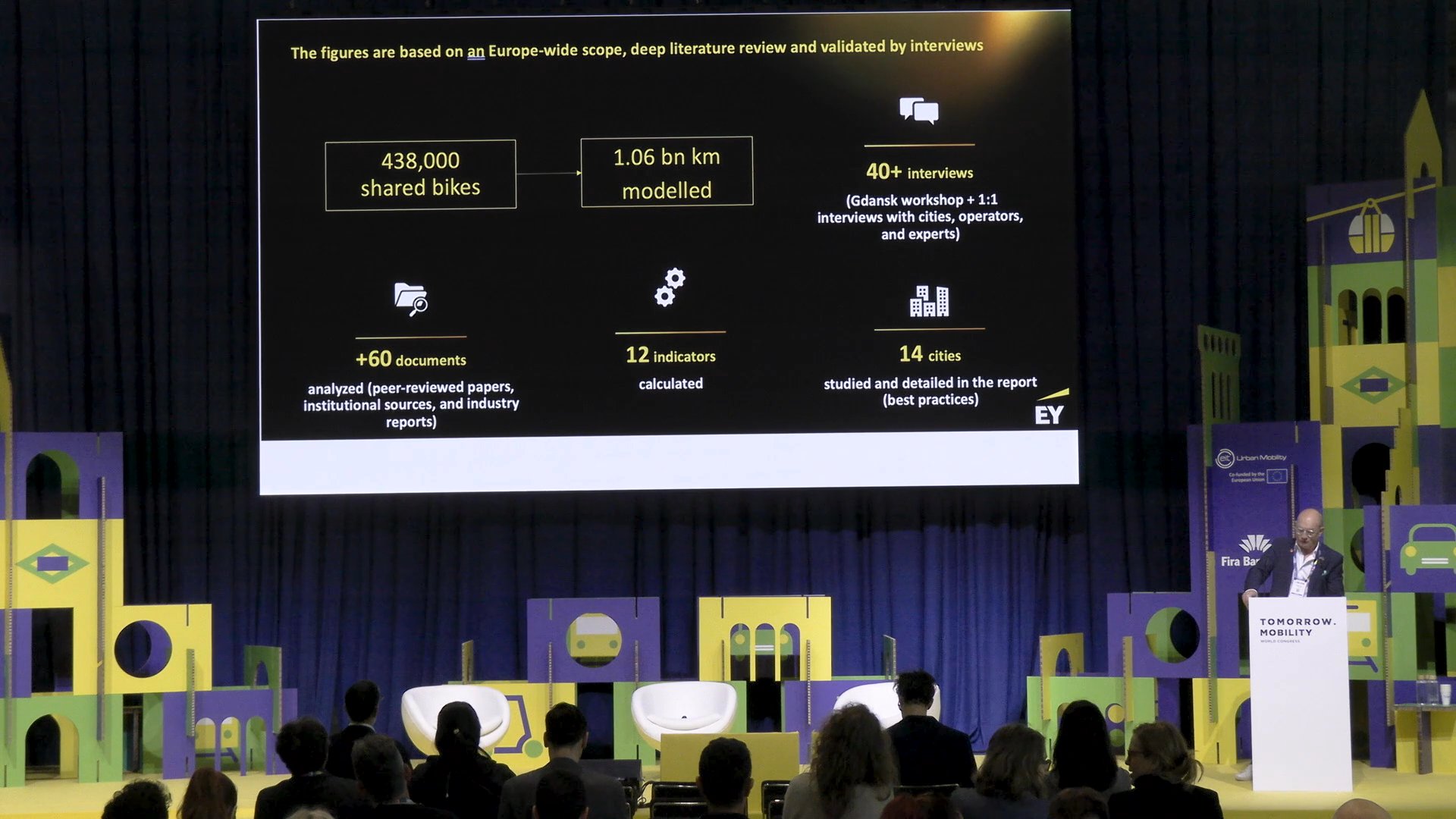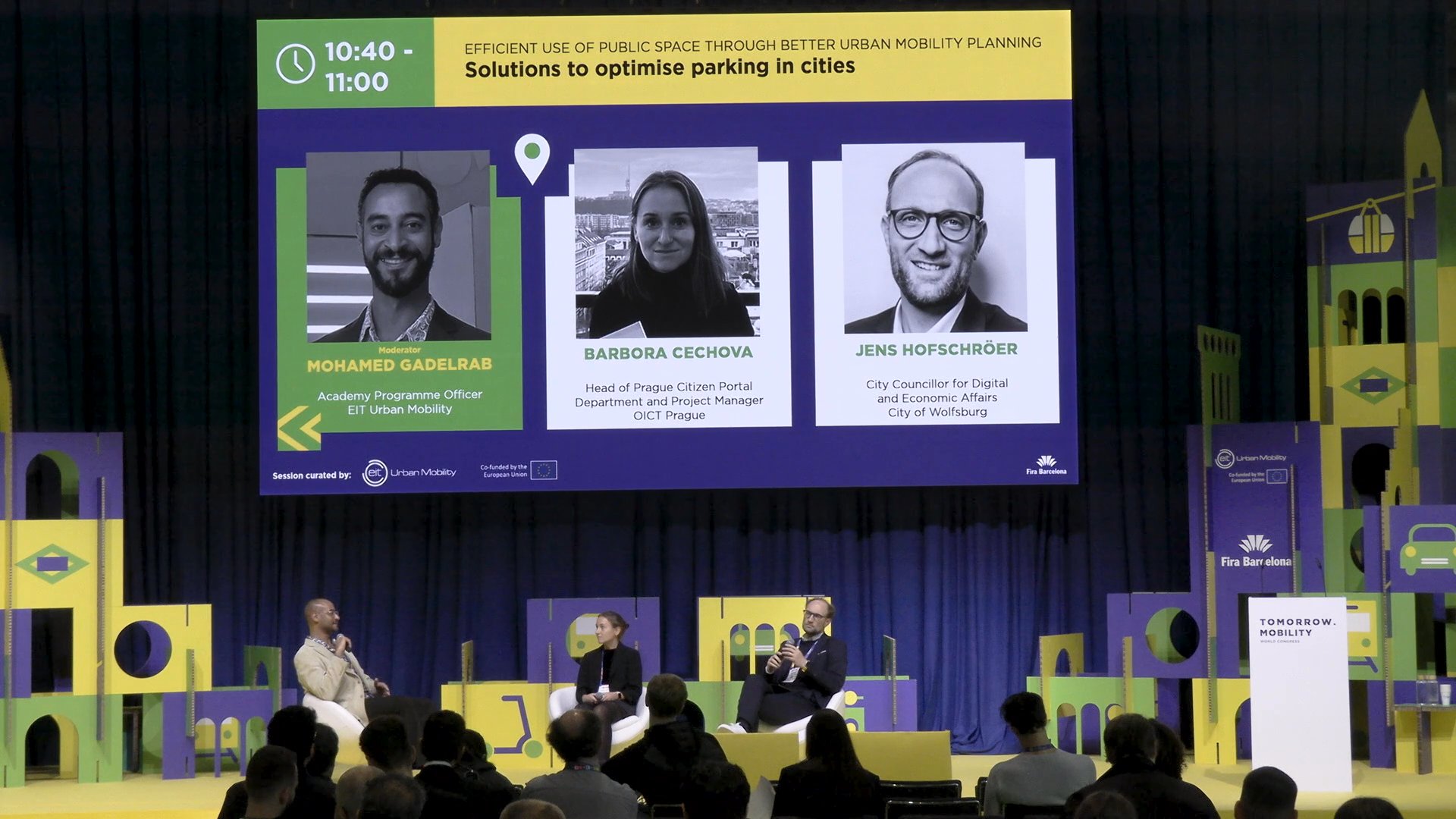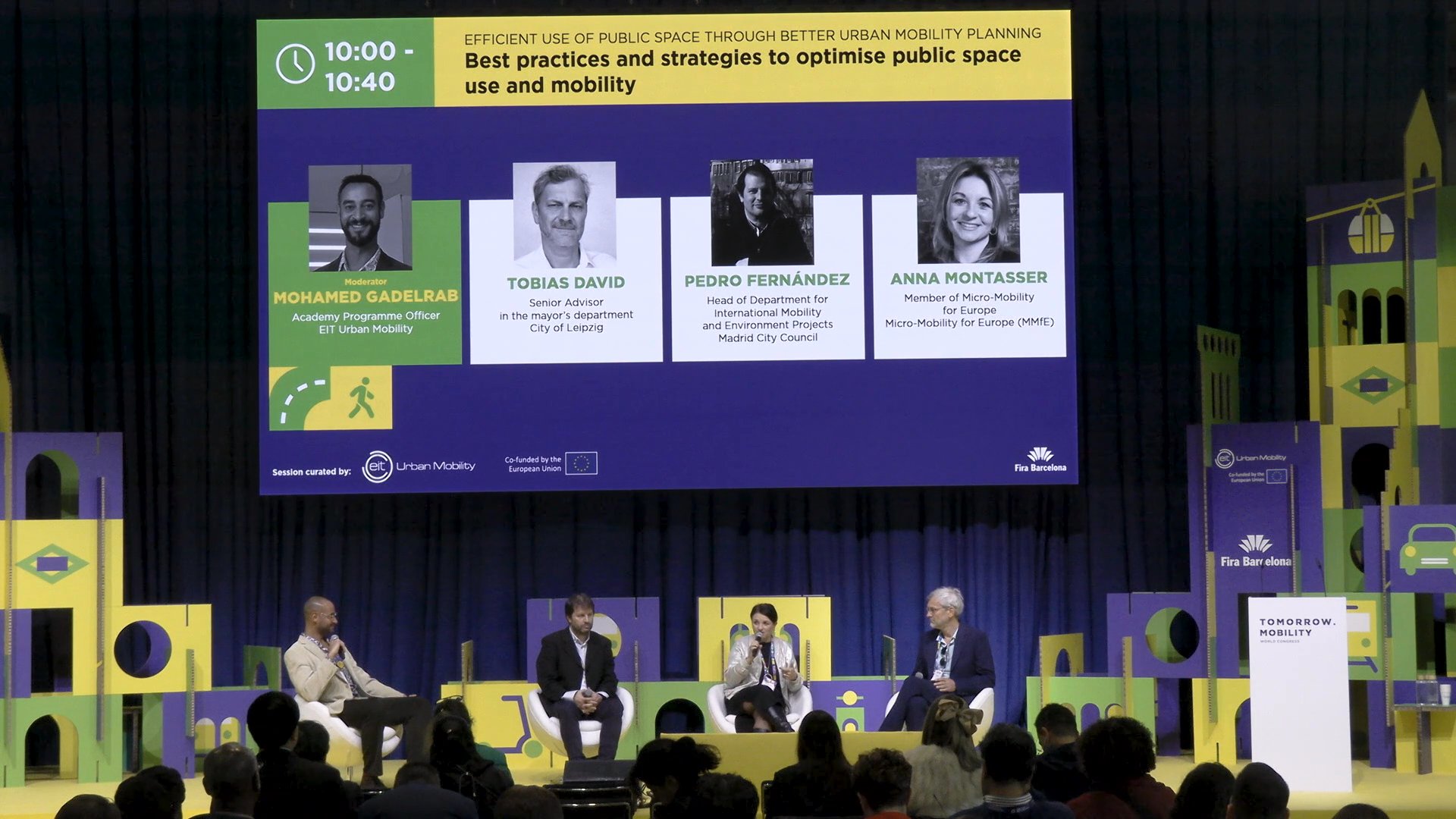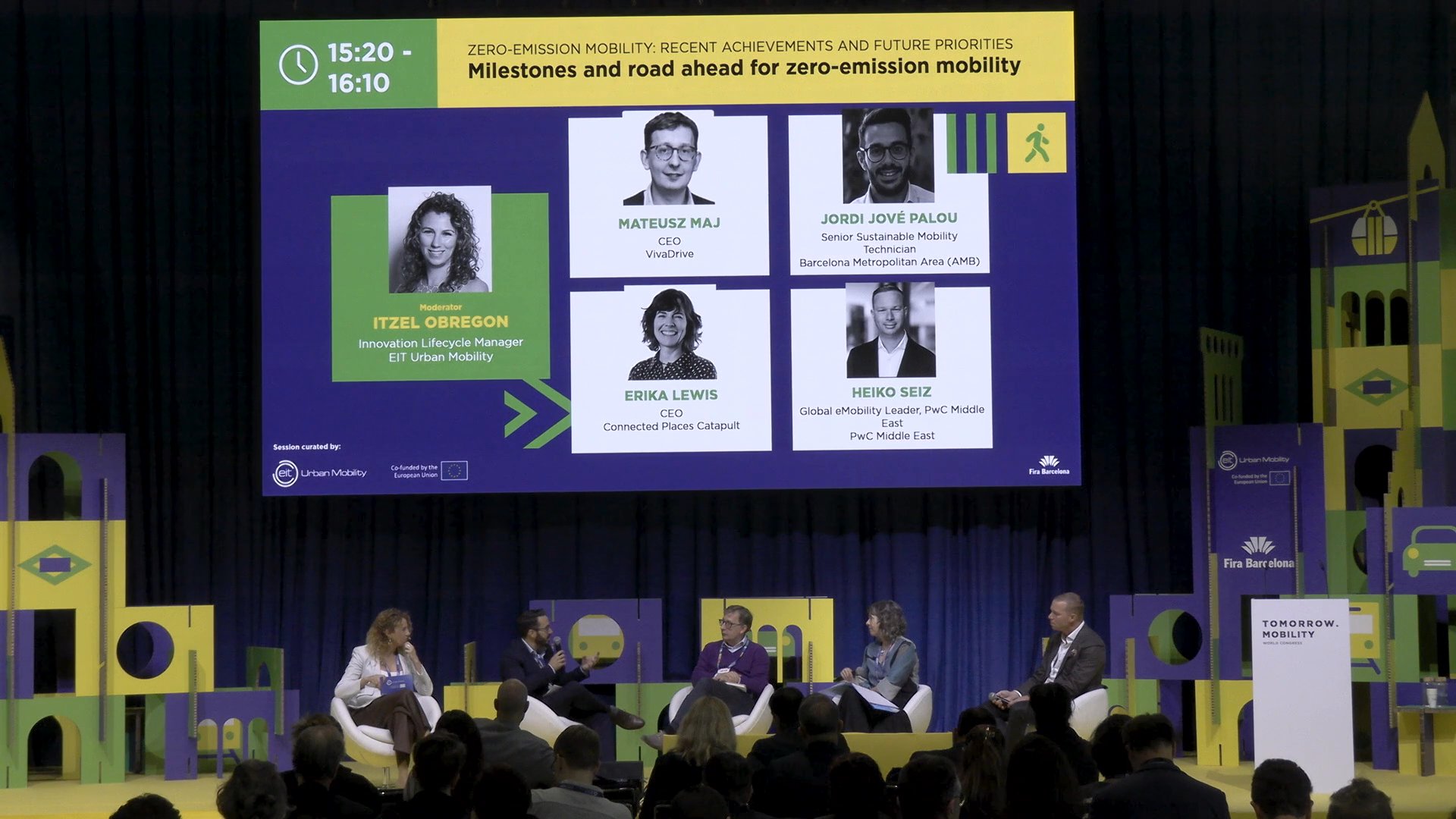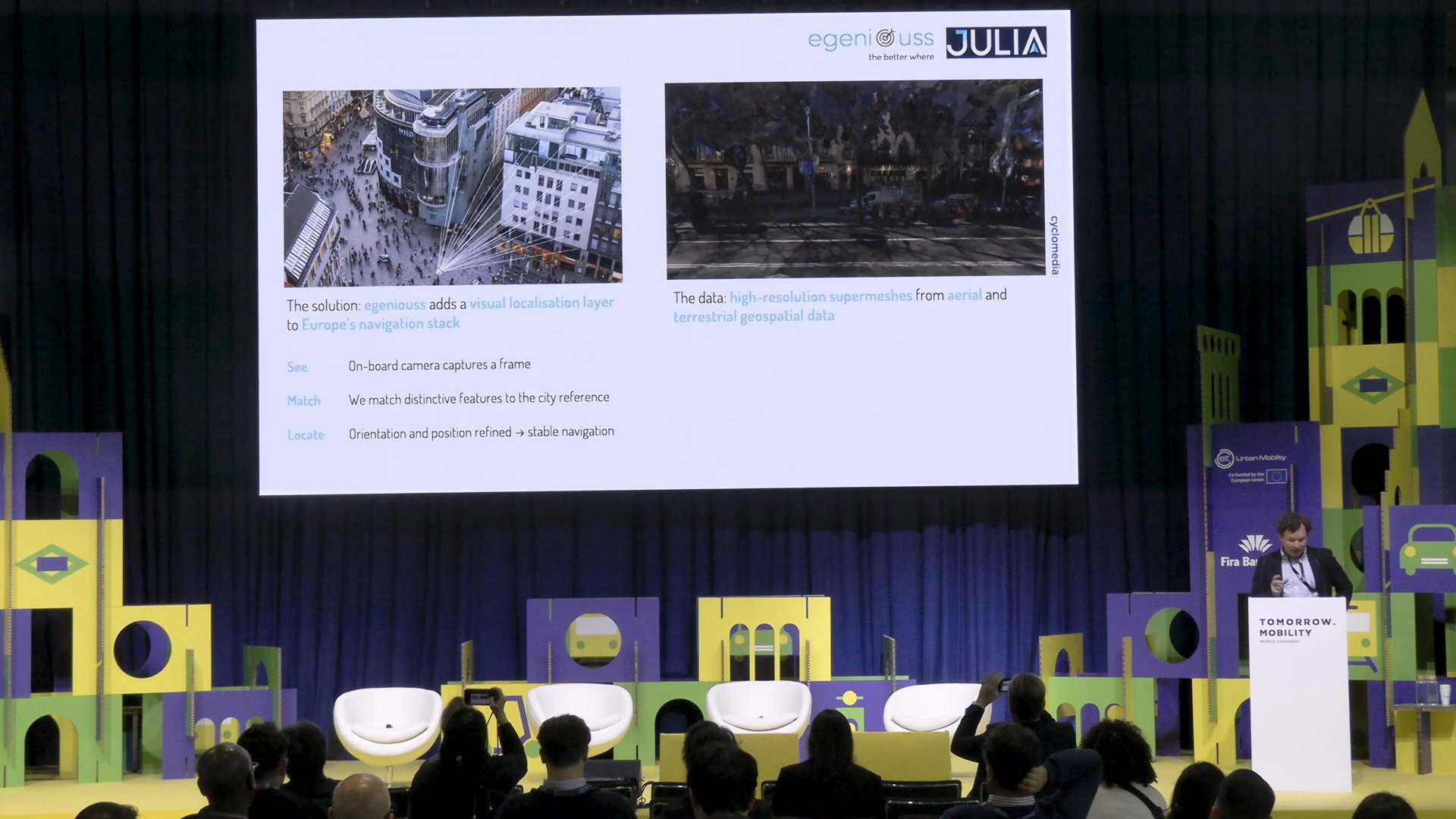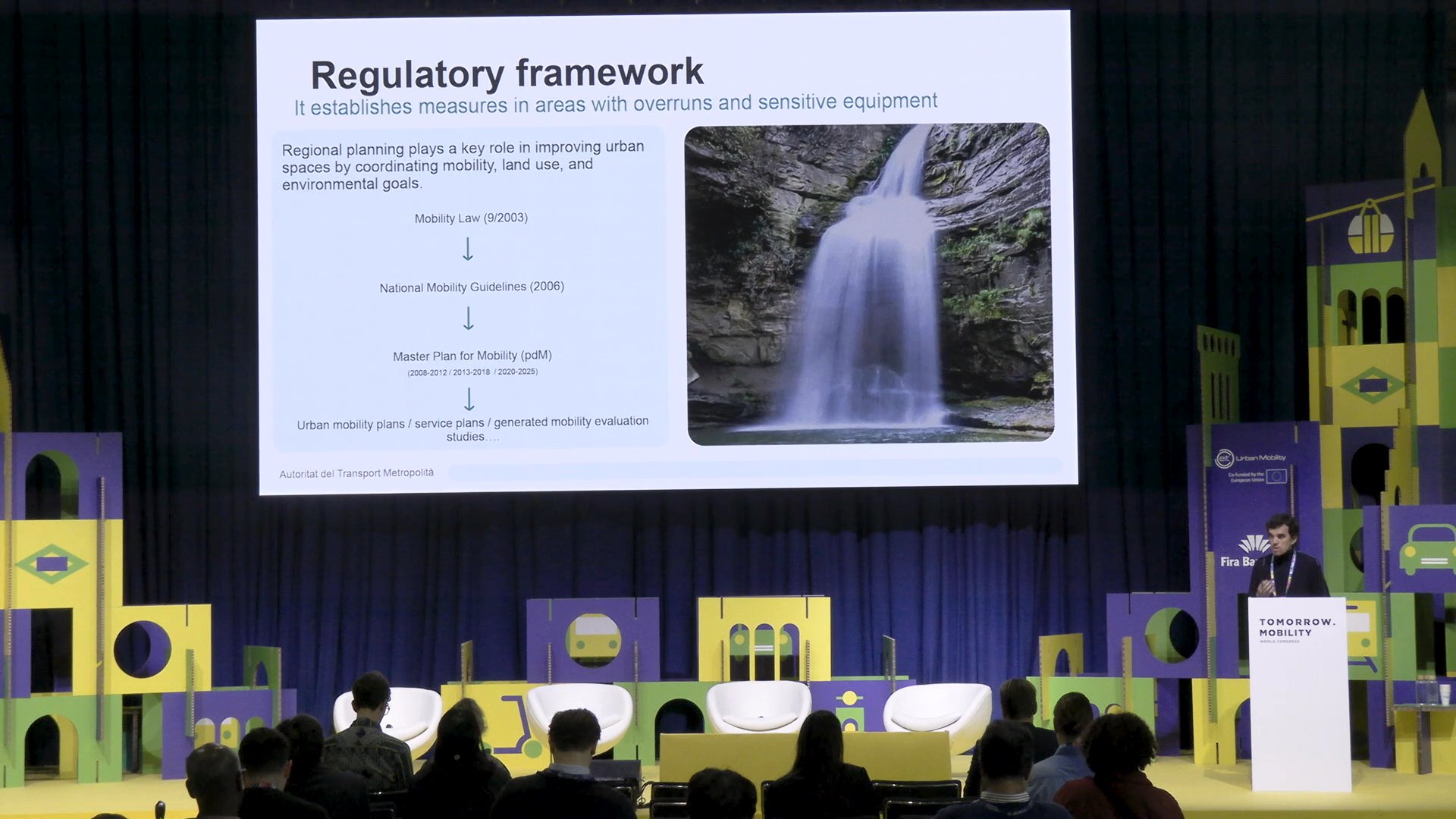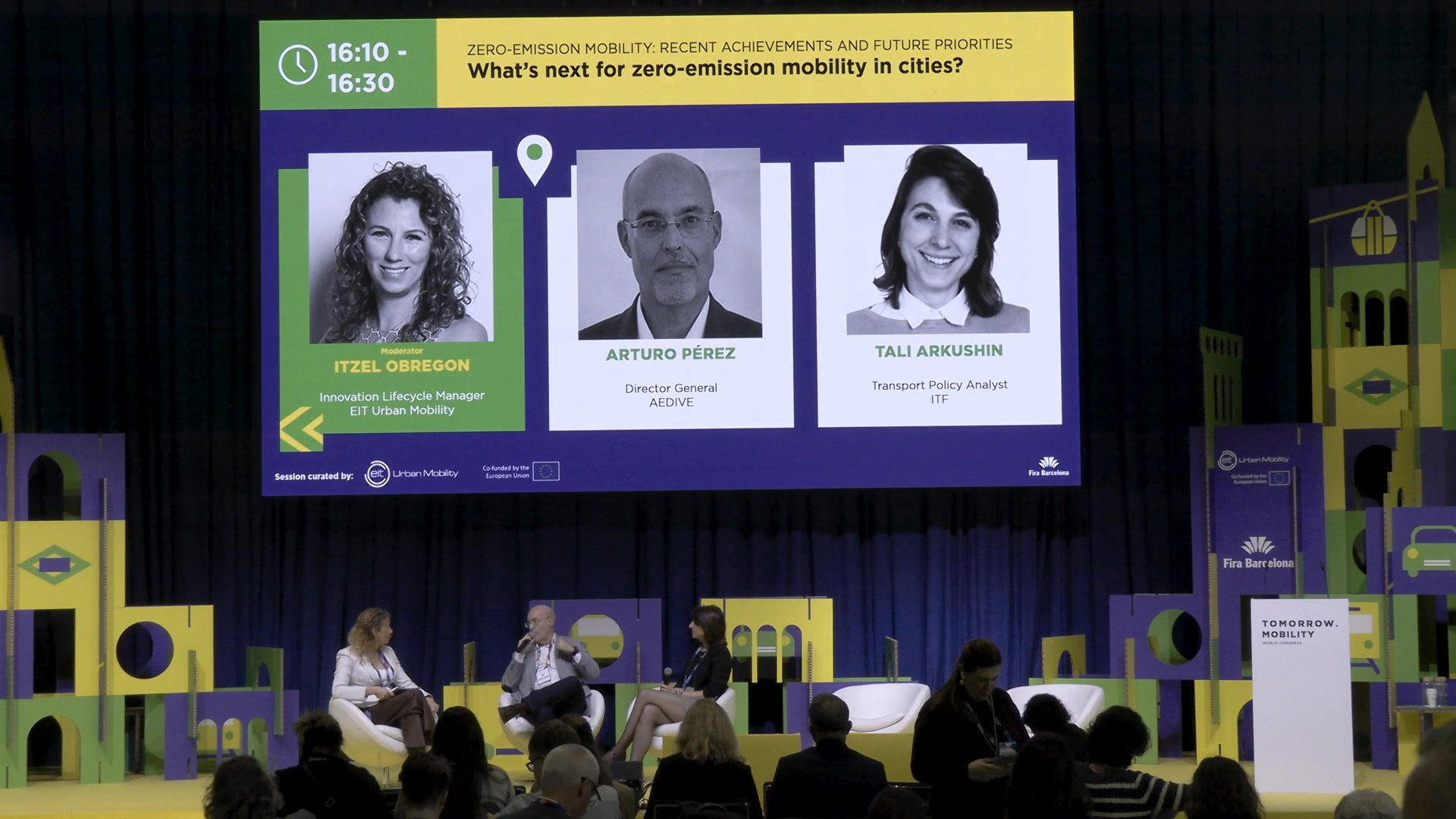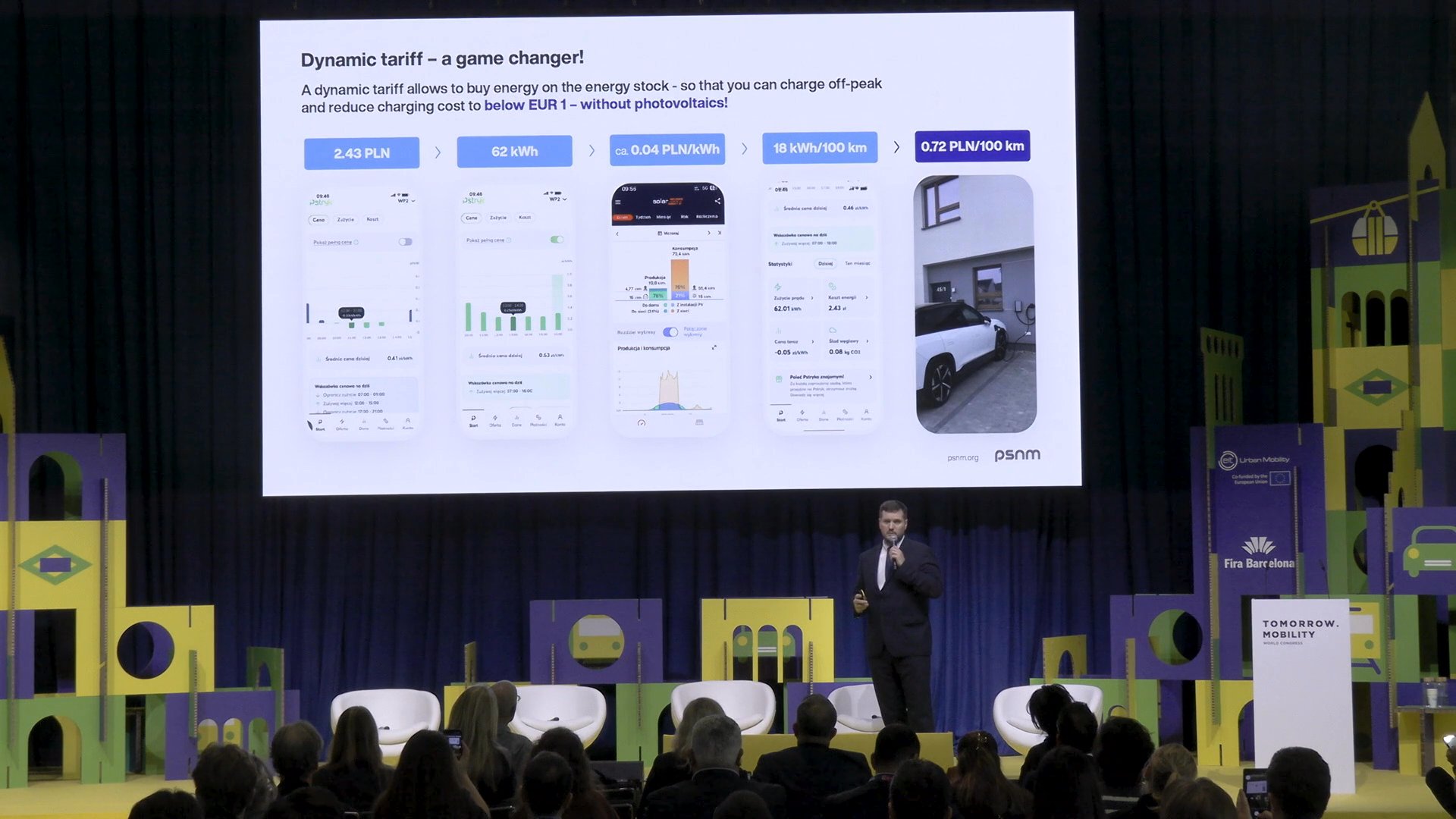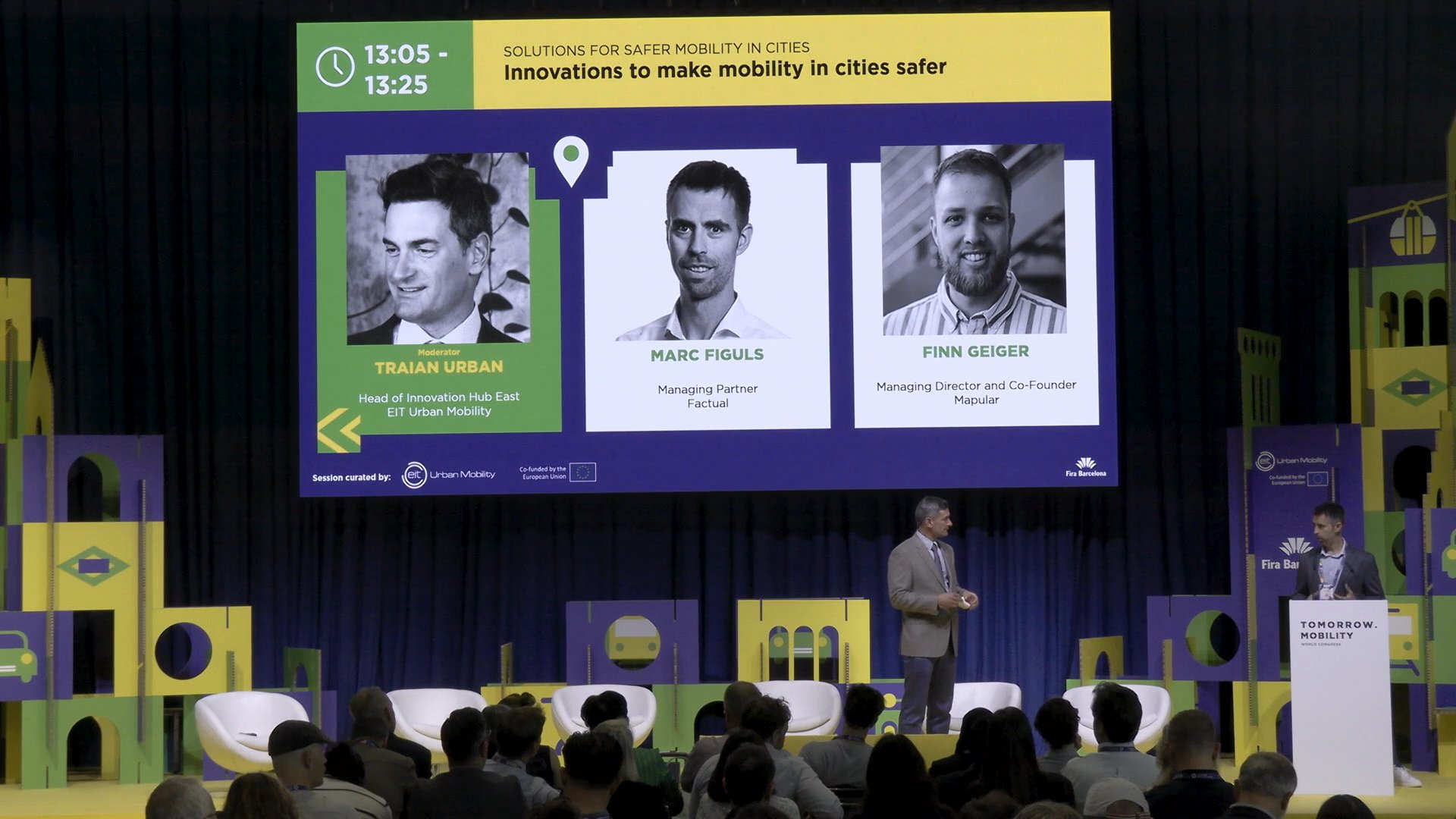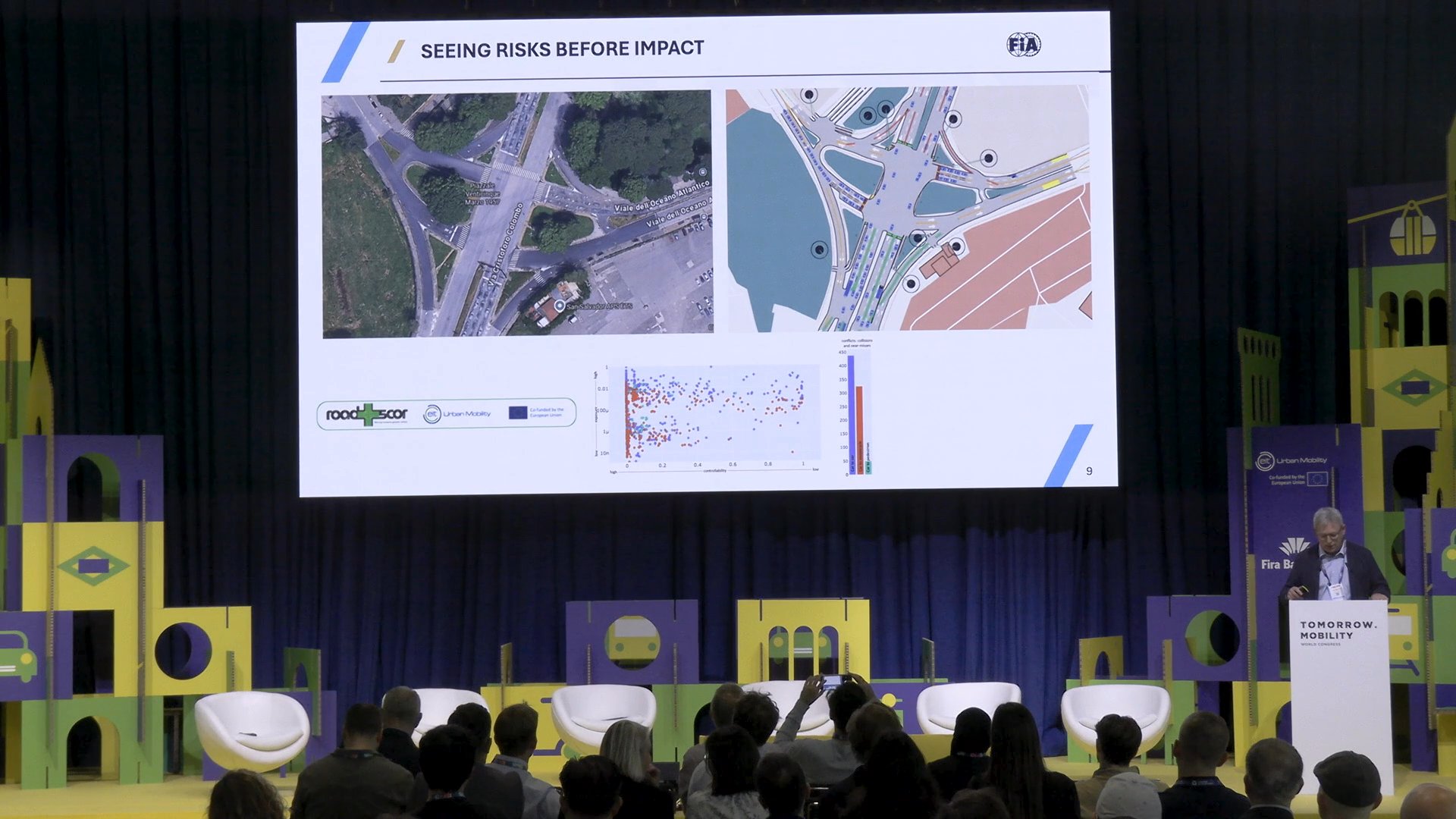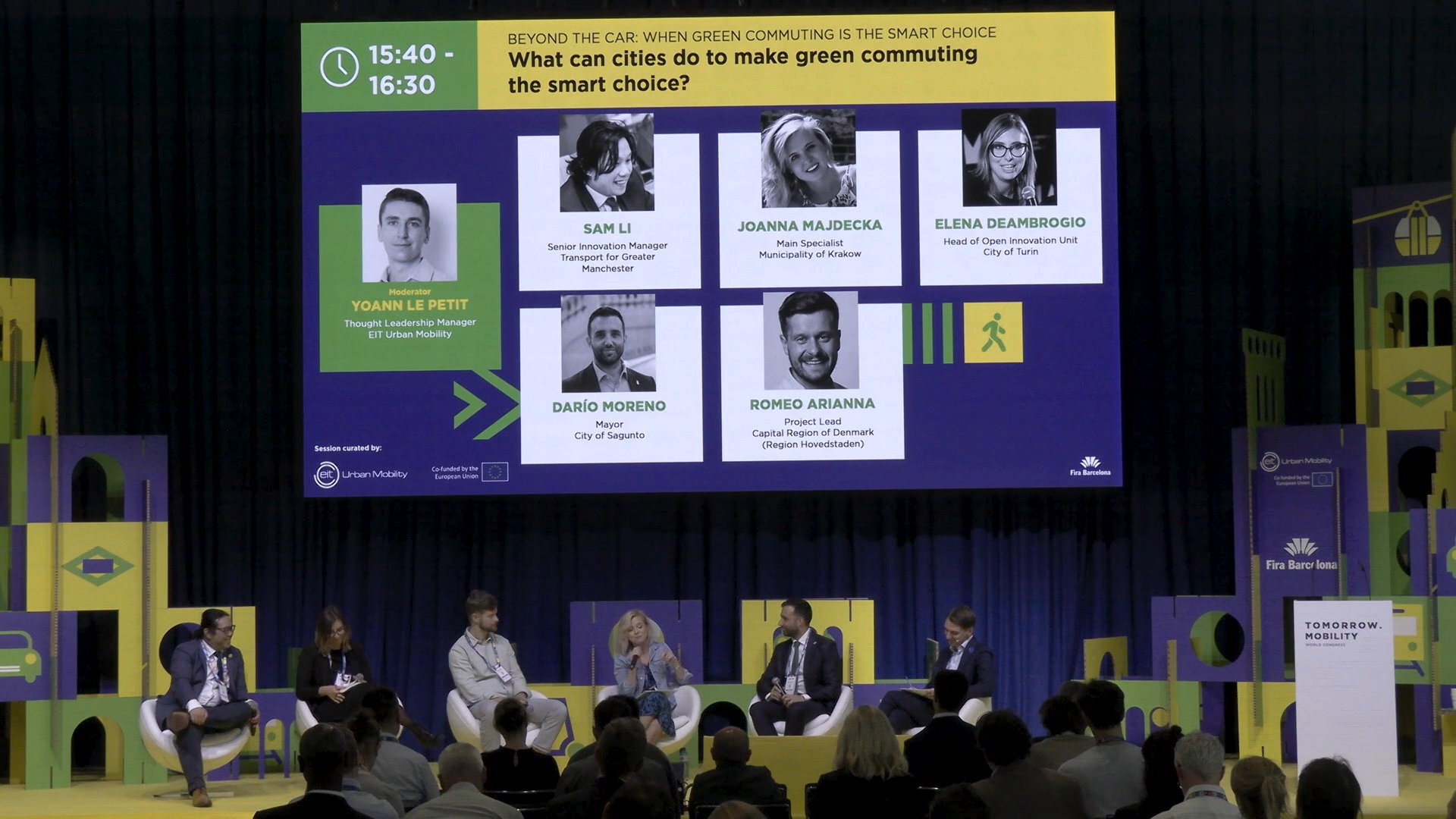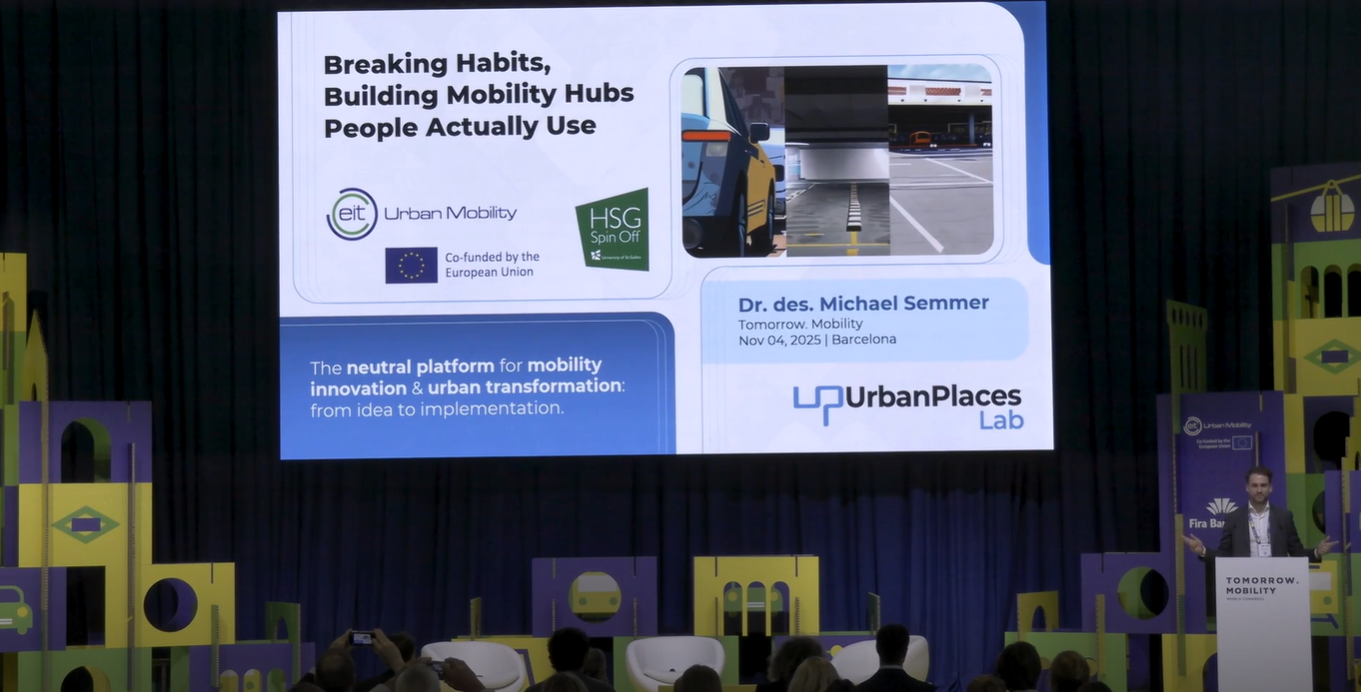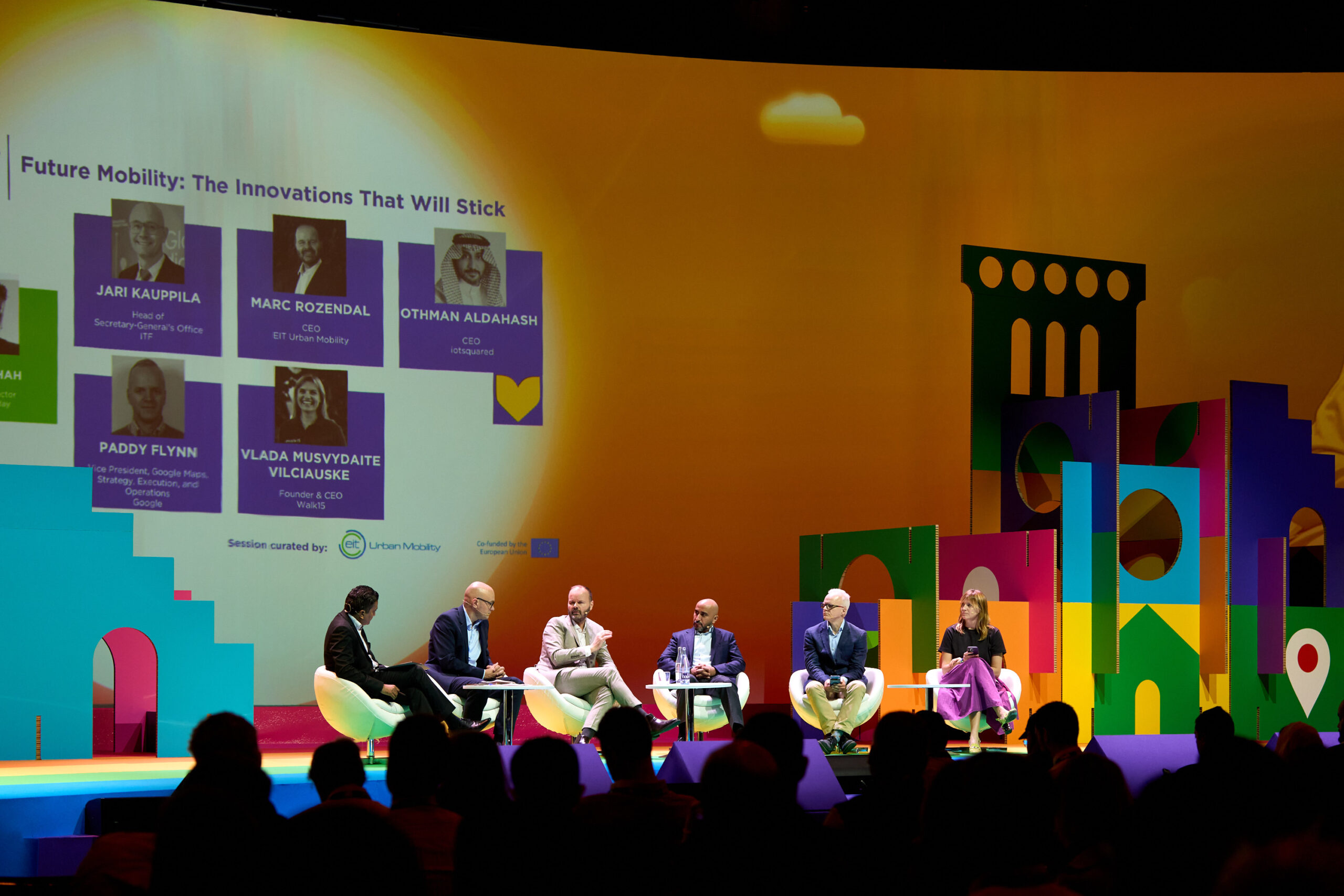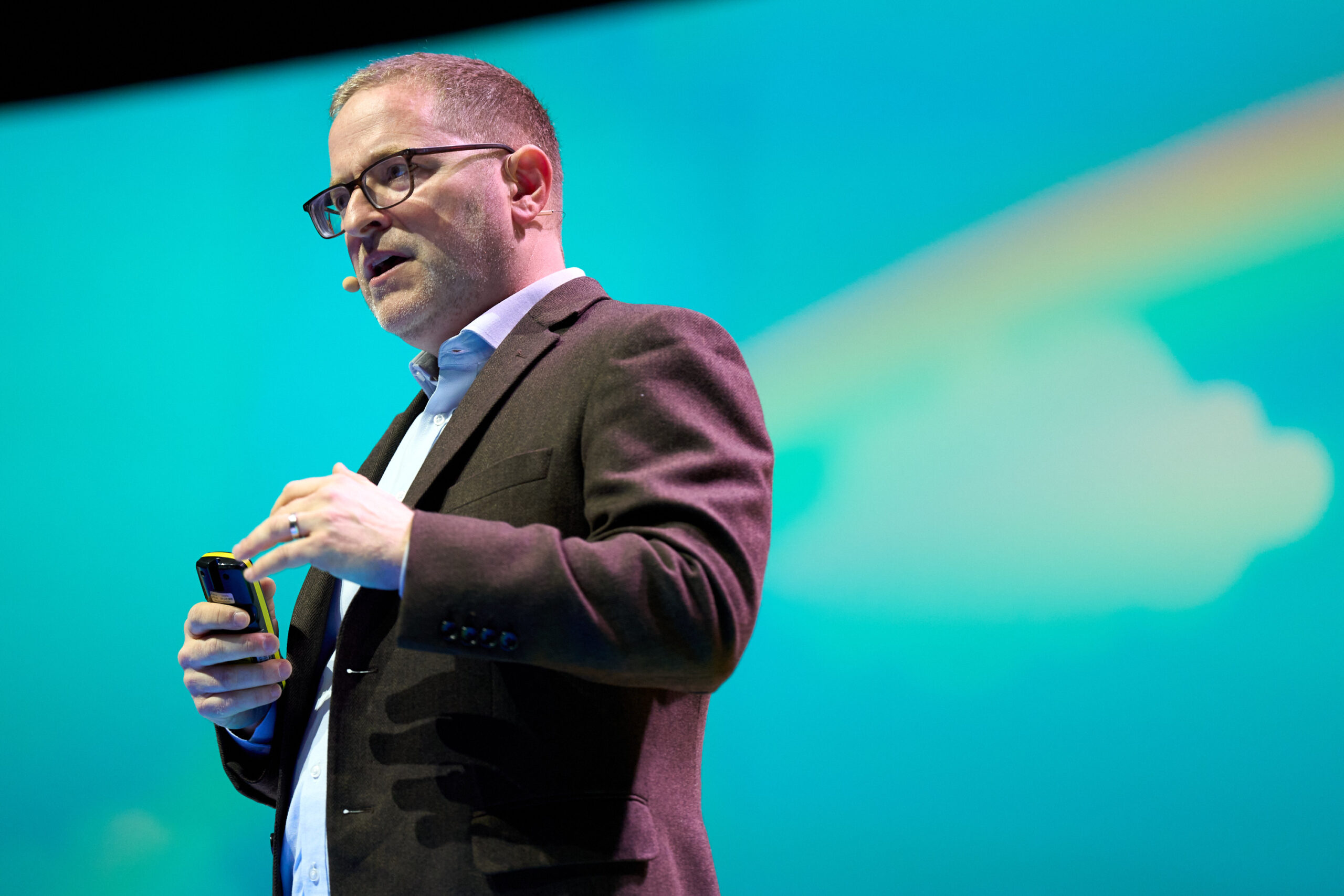Author | Jaime RamosAutonomous driving is one of today’s dreams that could be compared with the challenges experienced during the 20th century with the development of aviation. Mobility will change to such an extent, that it will require the actual concept of transport to be reconsidered.Although we are closer than ever to getting cars to drive themselves, there are a series of stages that still need to be overcome. It is not just a case of safety, but also a moral dilemma (should a vehicle hit a pedestrian or save the life of its occupants in the event of an inevitable crash?) comparable to the theoretical approaches to artificial intelligence.In this regard, Smart Cities play a vital role as the fundamental basis that will benefit autonomous driving to the greatest extent. Firstly, because all the sustainable mobility services aim to integrate electrification and autonomous driving. These are the most important criteria that will define the decline of transport in cites, applied particularly to car sharing.Furthermore, autonomous driving will collaborate with Smart Cities in democratising transport, by providing vehicle access to minority groups which, until now, could not even think about driving (people with disabilities, the elderly, etc.).
Autonomous driving in 2019
How far have we come, in terms of development in 2019 with autonomous vehicles? To answer this question, it is important to know that there are 6 autonomous driving levels, beginning at level 0 and culminating with level 5. It is at the latter level in which human drivers are not required and, therefore, the vehicle would not have a steering wheel, pedals and other devices via which the drive communicates with the machine.Although this level 5 may seem like a long way away, the truth is, even now in 2019, many manufacturers are already designing models capable of driving under the baton of an artificial mind. Renault-Nissan, Toyota, General Motors or BMW have already established a date to meet this challenge and they hope to test prototypes of level-5 autonomous vehicles later this year.Another different matter is guessing when these will be marketed, although some people are already placing their bets. Either way, level-5 vehicles require car 2 car communications and with traffic control infrastructures to allow them to function correctly, therefore, 5G networks will need to be deployed first.
Elon Musk and the Tesla Autopilot
Elon Musk is one of the leading technology gurus of our era. The CEO of Tesla and SpaceX recently confirmed on the ARK Invest podcast that by the end of 2019, the models manufactured by his company will be equipped with fully autonomous driving features. Tesla would therefore culminate its Autopilot programme.According to Musk, this technology will include features such as picking up a driver (now almost a mere passenger) autonomously wherever they are located. Although this is not the last step in autonomous driving (this would be level 4), it is the precursor.
Never-before-seen features
According to Tesla, what we will see in the coming months is the launch of never-before-seen driving assistance features. Enhanced safety systems, with mechanical control replacing human control in vehicles, is a reality for all manufacturers.However, agencies such as Euro NCAP warn that we should not cry victory too soon. These systems show that we have come a long way with autonomous vehicles, but there is still a long way to go. In fact, trends announced by manufacturers are leading many drivers to confuse autonomous driving terms. We are still going to have to wait until next decade to experience the promised revolution.Images | Daimler, iStock/metamorworks, iStock/4X-image
